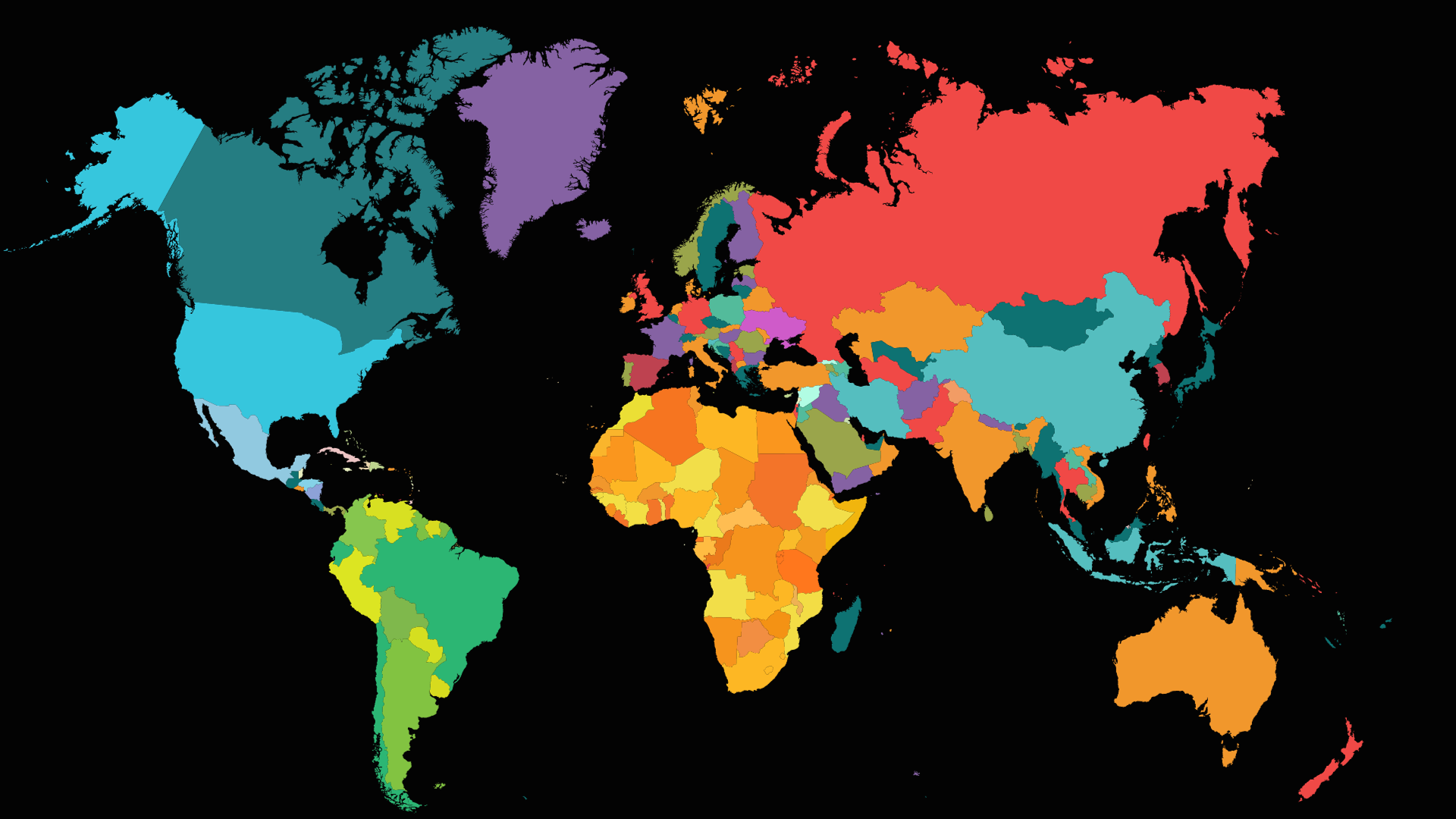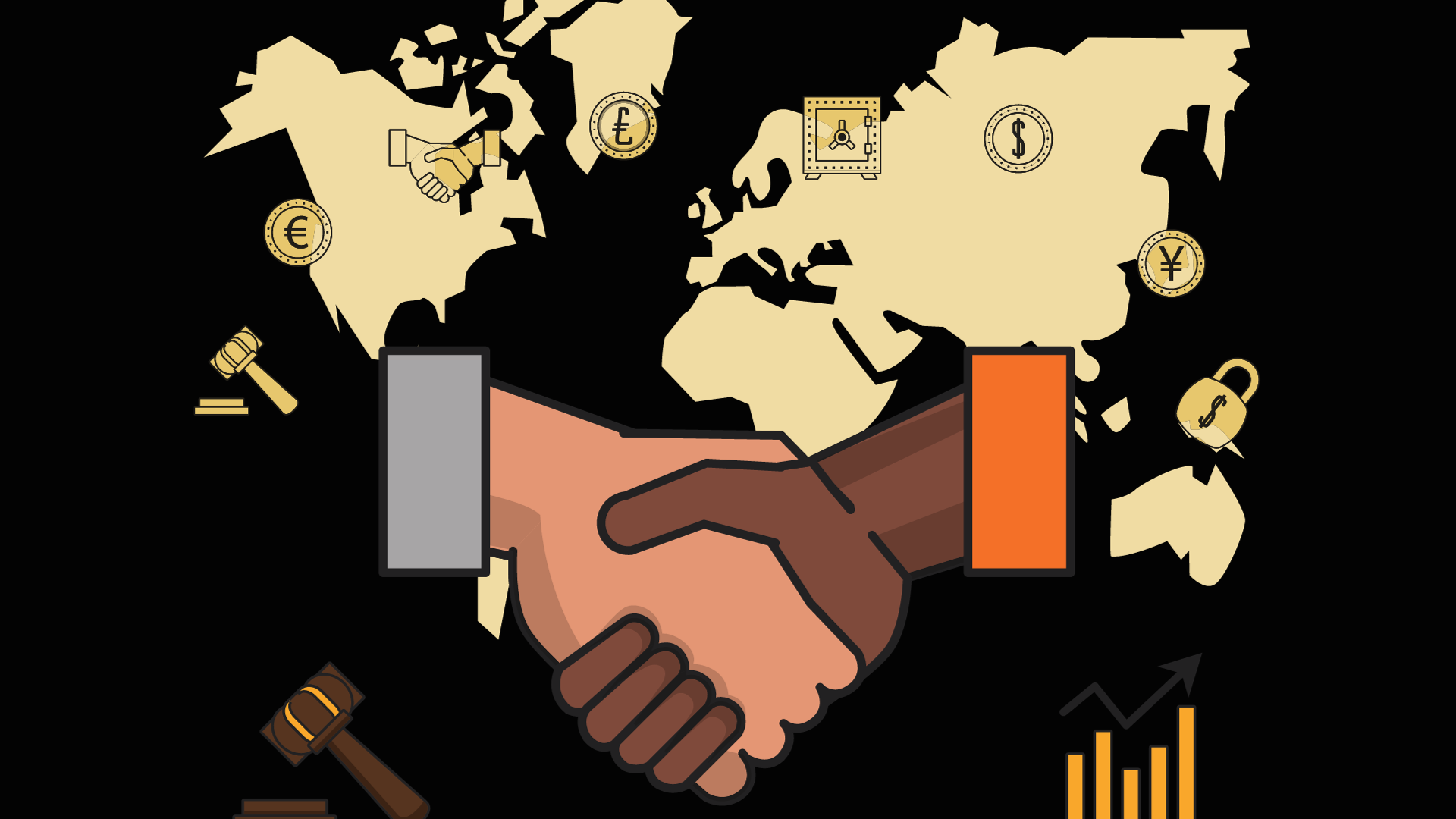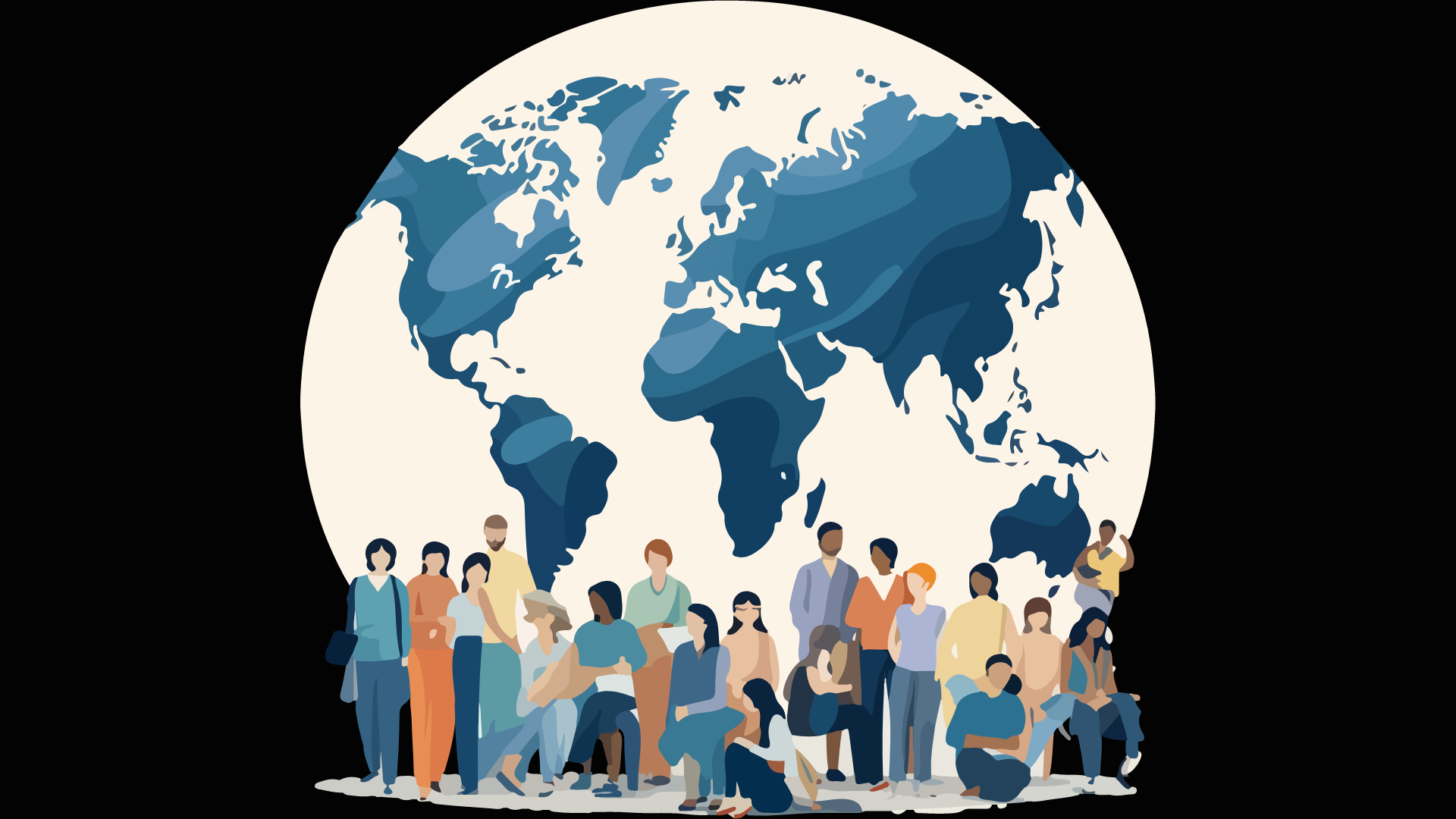The G20 adds a new member
The Group of Twenty (G20) has a new member — the African Union. The announcement came as Indian Prime Minister Narendra Modi opened the two-day summit hosted in New Delhi, India. The admission of the African Union marks the first time the G20 has added a new permanent member since it was formed in 1999.
Other than reading about the Group in the news, our team didn’t know much about what the G20 is, what it does, or why it’s critical to the global economy. To help answer these questions, we turned to G20.org, Wikipedia, the International Monetary Fund (IMF), The World Bank, the Organization of Economic Co-operation and Development (OECD), and The World Factbook to learn more about the countries that are part of this exclusive group of nations including an overview of the economies, demographics and other key economic metrics. Here’s what we learned.
What is the G20?
The G20 is a group of 21 of the world’s major economies. It was formed in 1999 in response to a series of international debt crises — the Mexican peso crisis, the 1997 Asian financial crisis, and the 1998 Russian financial crisis. In its early stages, the G20 brought together Finance Ministers and Central Bank Governors from member states to discuss global economic and financial issues and coordinate macroeconomic policy and financial responses. In 2008, the G20 meetings were elevated to the leadership level involving the heads of government of member states. Since its formation, the G20 has become a forum for leaders to also engage in formal and informal discussions on how to tackle some of the world’s most pressing issues, including climate change, migration, and trade, among others.
Who is in the G20?
The G20 originally had 20 members comprising 19 countries — Argentina, Australia, Brazil, Canada, China, France, Germany, India, Indonesia, Italy, Japan, Mexico, Russia, Saudi Arabia, South Africa, South Korea, Turkey, United Kingdom, and the United States of America — and the European Union. The EU represents member states outside of Germany and Italy. The African Union — an organization representing 55 states — was admitted as a full permanent member of the G20 during the 2023 Summit in New Delhi, India. The African Union is the Group’s first new member since its inception and is the second regional bloc to become a permanent member after the European Union.
Why is the G20 Important?
There are members of the G20 from every inhabited continent — Africa, Asia, North America, South America, Europe, and Australia. The addition of the African Union, gives countries from the global south greater representation.
Prior to the addition of the African Union, the G20 accounted for almost 85% of global GDP and 75% of global trade, and approximately 66% of the global population. With the addition of the African Union, the bloc now represents 75% of the global population, 96% of global GDP, and approximately 75% of the total land area globally. As a result, decisions made by the G20 can have a substantial impact on global economic stability and growth.
The G20 provides a platform for major economies to collaborate on a wide range of global economic and financial issues, facilitates crisis management and prevention, and helps set the agenda for international economic governance. Its role has become even more critical in an increasingly interconnected and interdependent world.




Note: The African Union was officially admitted as the 21st member of the G20 during the 18th Annual G20 Summit in New Delhi, India.
What is the G20 Summit?
Since the inaugural meeting in 2008, leaders from the world’s 20 largest economies have gathered annually for the G20 Summit to discuss the world’s most pressing economic challenges. The annual Summit is hosted by the current president of the G20, a position that rotates annually among the members. India holds the presidency until November 2023 and hosted the Summit September 9-10 in New Delhi, India. Brazil will be taking on the presidency next, and will host the 2024 G20 Summit in Rio de Janerio.
All members of the G20 except for the European Union and the African Union are separated into five groups and the presidency rotates between each group. All countries from each group are eligible to take on the presidency when it’s their group’s turn.
One of the outcomes of the Summit is the Leaders Declaration which outlines what the members of the Group have committed to work on together. The 2023 Leaders Declaration centred on the theme of “We are One Earth, One Family, and we share One Future” with aims of accelerating growth, pursue low-carbon emissions and protecting the environment, improving trade, and accelerating progress against the United Nations Sustainable Development Goals, among others. A link to the Leaders Declaration can be found here.

